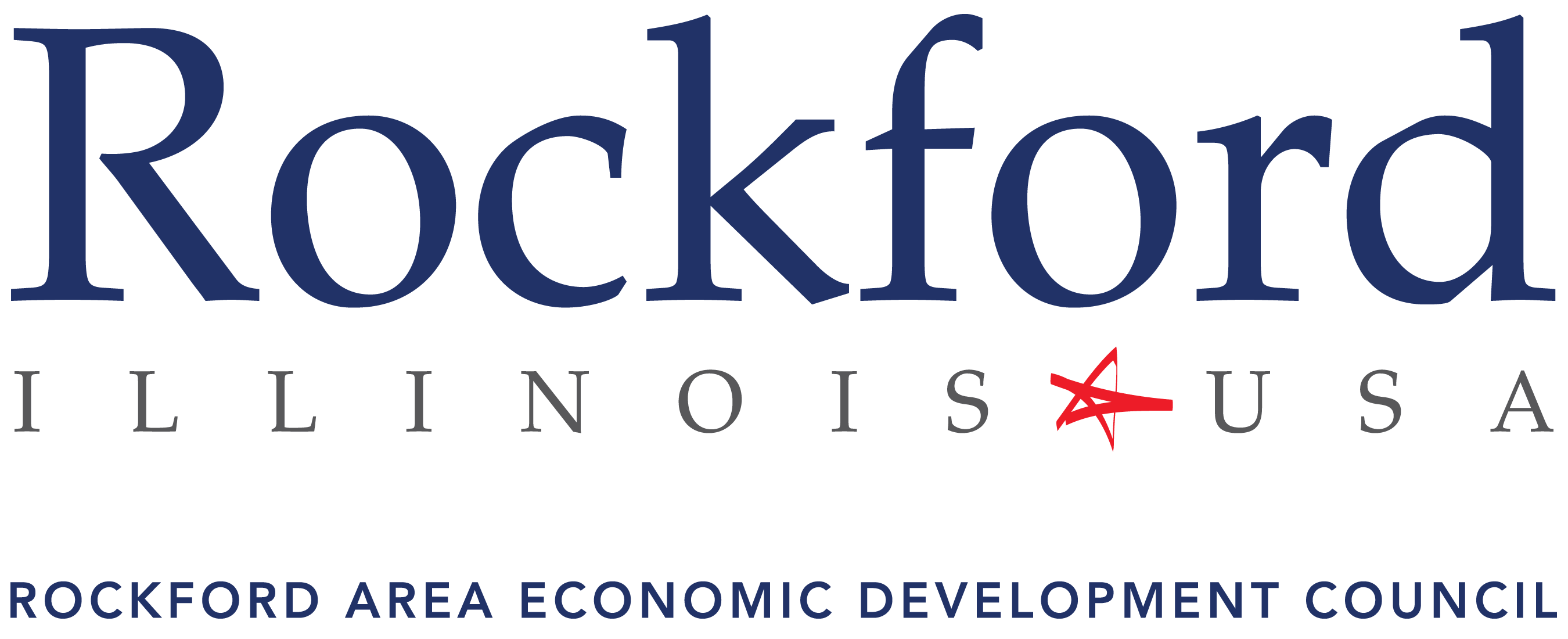Regional Economic Development Policy
The role of the Rockford Area Economic Development Council (RAEDC) is to collaborate with regional stakeholders to cultivate opportunities for primary job growth that increases the economic well-being of our region.
The RAEDC markets the region to attract new capital investment, while simultaneously assisting existing businesses with their continued growth and re-investment in our region.
Our region has been the beneficiary of considerable economic growth with capital investment exceeding $911,729,123, over the past 3 years alone. Our economic competitiveness has improved considerably and the world is listening.
Nationally syndicated publications like the Chicago Tribune, Wall Street Journal, Forbes, and USA Today, to name a few, have all written about the exceptional aspects of our region.
It’s time our regional economic development policies match that of our success and Winnebago County is uniquely positioned to implement policies that do so. The County’s use of host fees is a differentiator compared to other regions and states. If used properly, host fees allow our region to be competitive. That said, our region needs a steady reliable policy that ensures a clear understanding to continue our progression forward.
With this in mind, the RAEDC urges Winnebago County to consider a clear and consistent economic development policy that includes the following at a minimum;
- Support of primary job growth. Consideration should be given to the number of jobs and average full-time equivalent wage benched against industry sector average wages.
- Support of capital investment made on behalf of primary job growth.
- Create an equitable support process for all County options in consideration. Often there are multiple Winnebago County options competing for the same opportunity. It’s imperative the County remain neutral and ensure all options are incentivized equally.
- County as last dollars of support, if any. There are several funding tools available already in place throughout the region to alleviate undue burden. These tools include Tax Increment Finance (TIF), Enterprise Zones, Opportunity Zones, Edge Tax Credit, Tax abatements, Sales Tax abatements, Historic Tax Credits, etc. There is no need to “over incent” an opportunity.
- Create a verification process for support, to align with local municipal and state policies already in place. Example – The State of Illinois has an annual verification process in order to obtain funding from the Edge Tax Credit program.
- In all cases, apply a “but for” clause for the use of support. Meaning, “if not but for the use of support, the opportunity would not occur.” This is the same universal standard utilized by the State of Illinois and local municipalities for the use of incentives.
- When only County options are in consideration, and to receive County support, municipalities agree to a mutually equal universal standard or policy by which local municipal incentives will be utilized. (i.e. – If a company is looking only within Winnebago County, municipalities must apply a universal standard or policy for the use of local incentives to receive Winnebago County support)


